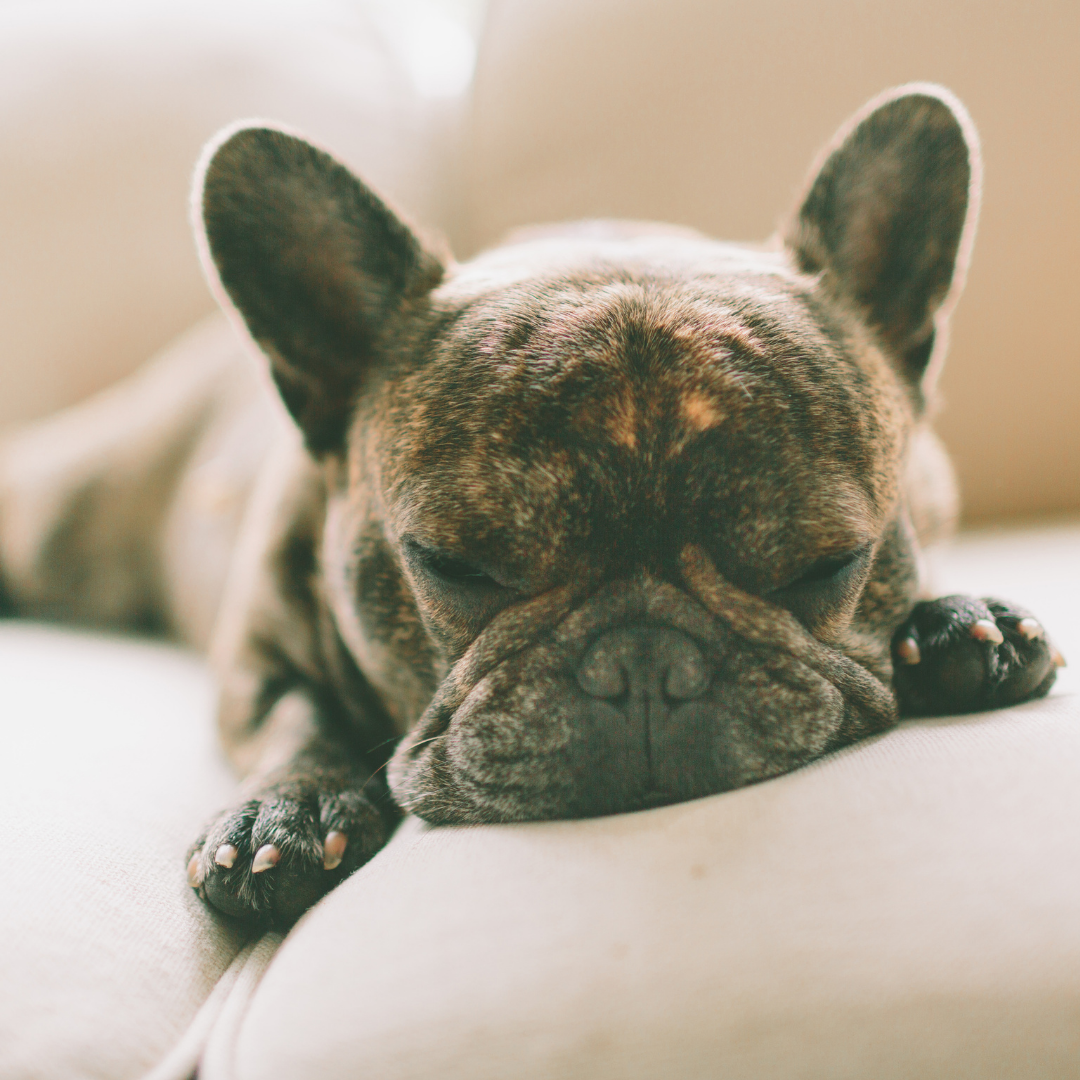
Summer Simplified: Optimizing Sleep
We have finally reached the dog days of summer. School is out, and the schedules are much less complicated and rigid, but it is important we do not become too relaxed.
Sometimes letting down our guard completely and moving to a vacation attitude, we lose track of the lifestyle factors that can maintain health only to find we need a complete reboot in September. Eating is simple and easy, yet sometimes ease can be associated with more calories through excess alcohol, snacks, and treats. Though schedules may be relaxed, this loss of structure, along with travel, can allow unhealthy habits to creep in and persist into the fall.
The goal is to keep you on your healthiest track without complicating your summer relaxation goals.
Summer needs to be a time to reset, travel, and enjoy our families, yet we also want to be sure we maintain our healthy habits while enjoying this needed time off. Our daily habits can make a big difference in our health, so this is a great time to be mindful of these, and there has never been a better time to introduce new habits into your life.
Just remember to start small and make incremental changes and additions to keep things in perspective. For the next 10 weeks, we will help keep you mindful of your health while offering simple ways to keep it a priority throughout the summer months. Every week we will share simple ideas, recipes, and tips to keep you in your game.
Relaxed schedules may allow some of your unhealthy habits to slip back into your life-like drinking more alcohol, eating more take out or processed foods, skipping out on sleep or simply not taking your daily multivitamin. Our goal is to share some friendly reminders and offer easy suggestions to keep you on task while you enjoy your
summer.
Longer days mean less sleep? Summer plans are always at the top of our minds. Sleep may not be. Most people’s sleep decreases in summer. We tend to stay up later but do not necessarily make up for this by sleeping later. Also, our sleep can be influenced by the summer season. Light suppresses the body’s production of melatonin so enjoying sunlight later in the evening can delay melatonin release and this may make it take longer to fall asleep.
Try taking advantage of the longer days by getting more light exposure in the natural early morning light hours and focusing on a dimmer environment after dinner and before bed. Consider sun exposure in the afternoon when you might experience a dip in your alertness. Avoid caffeine or energy drinks when this occurs, as these can disrupt sleep.
This is a good time to make changes to get your bedroom dark. Blackout curtains. Remove unnecessary lights. Switch the clock or nightlights to red lights, which are less disruptive to sleep.
Core body temperature also influences sleep. In the summer, our sleeping environment needs to be on the cooler side, 65 degrees F. A bath or cool shower may help us wind down and cool off. Closing the curtains and blinds during the day will help to keep your bedroom cooler. Also, changing bedding and PJs to cooler lighter fabrics that wick moisture or wear nothing at all!!
Sleep is essential for overall health, but there’s more to getting a good night’s rest than simply getting the right number of hours in. The time you choose to go to bed also plays a huge role in how well-rested you feel when you wake up.
This is due to your circadian rhythm. Your circadian rhythm is essentially a 24-hour clock that keeps ticking in your subconscious and is responsible for your sleep-wake cycle. However, everyone’s rhythm is slightly different. That’s why some of us are early birds, some are night owls, and some fall somewhere in between.
Sleep specialist Michael Breus refers to this as your “chronotype.” By understanding your natural sleep-wake cycle, you can tailor your day so you can be rested and alert for when your motivation levels are at their peak. If your chronotype is to go to bed at 9 pm and wake at 5:30 am, then switching this in the summer can disrupt good sleep quality and leave you tired and craving carbs the next day.
By making it a daily habit to listen to your natural rhythm and accommodate your chronotype, you’ll find you have much more energy to seize the day whenever it starts. The lazy days of summer can tempt us to get off our regular schedules. Disruptions of our schedules can have negative impacts on our circadian rhythms and our normal sleep patterns, leading to health ailments and less productivity. In addition, changes in just two to three
months can disrupt sleep patterns for years.
Try to stick to the schedule:
- Wake to sunlight and get early exposure to the sun to stimulate melatonin production for the night.
- Avoid late meals and late nights.
- Keep alcohol intake in check.
- Power down electronics 2 hours before bedtime and, most importantly, go to bed when you are tired.
Alcohol can wreak havoc on our REM sleep.
With the recent recommendations given by The American Cancer Society, we have reason to be mindful of our intake. The ACS has just listed alcohol as a carcinogen. This is not a surprise given the association of acetaldehyde, a breakdown product of alcohol, and its association to breast, prostate, esophageal, liver, colon, and oral cancers. They liken the risk as equal to that of tobacco. While completely removing alcohol is a personal decision, reducing the amount to optimize sleep and reduce cancer risk is enough motivation.
Summer is a great time to optimize sleep schedules so you can optimize your days and get more out of your season.



